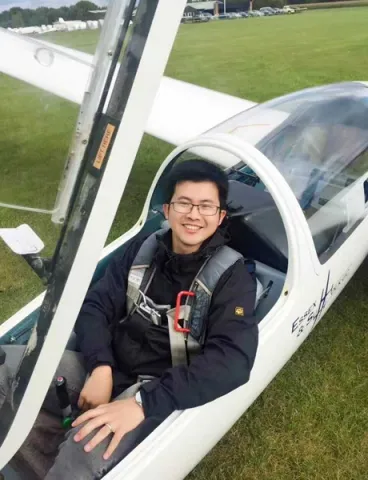About the project
Robust design is crucial for ensuring the durability and reliability of aerospace components throughout their entire life cycle, given the variations that arise from geometry, material properties, and loads during long-term operation.
As a result, there is a growing need for model identification, calibration, and uncertainty quantification in robust structural design, particularly for complex aero-engine systems with limited experimental data.
The University of Southampton has recently developed a novel data-driven Bayesian inference framework for identifying complex aerospace systems, combining limited experimental data. This framework can also quantify uncertainties from experimental testing, significantly improving the reliability of structural performance predictions.
This project aims to further develop the stochastic inference framework by leveraging recent advances in artificial intelligence techniques and advanced sampling methods. This will bring significant advancements in reducing high-fidelity runs, accelerating the engineering design and validation process, and improving the robustness of predictions.
You will work closely with Rolls Royce engineers to demonstrate the benefits of the developed framework in a critical aero-engine fan blade off (FBO) test case, including possible industrial placement. You will contribute to producing robust loads for sizing structural components, considering various FBO input uncertainties. This will support the certification process, satisfying the need for the probability of occurrence of FBO responses.
You will join the Rolls Royce Computational University Technology Centre, part of the Computational Engineering and Design research group in the Department of Aeronautics and Astronautics, which focuses on developing novel computational methods for design and optimization problems in turbomachinery with strong support from Rolls Royce. You will work with Rolls Royce engineers, with possible supported secondment in the company during your study.

